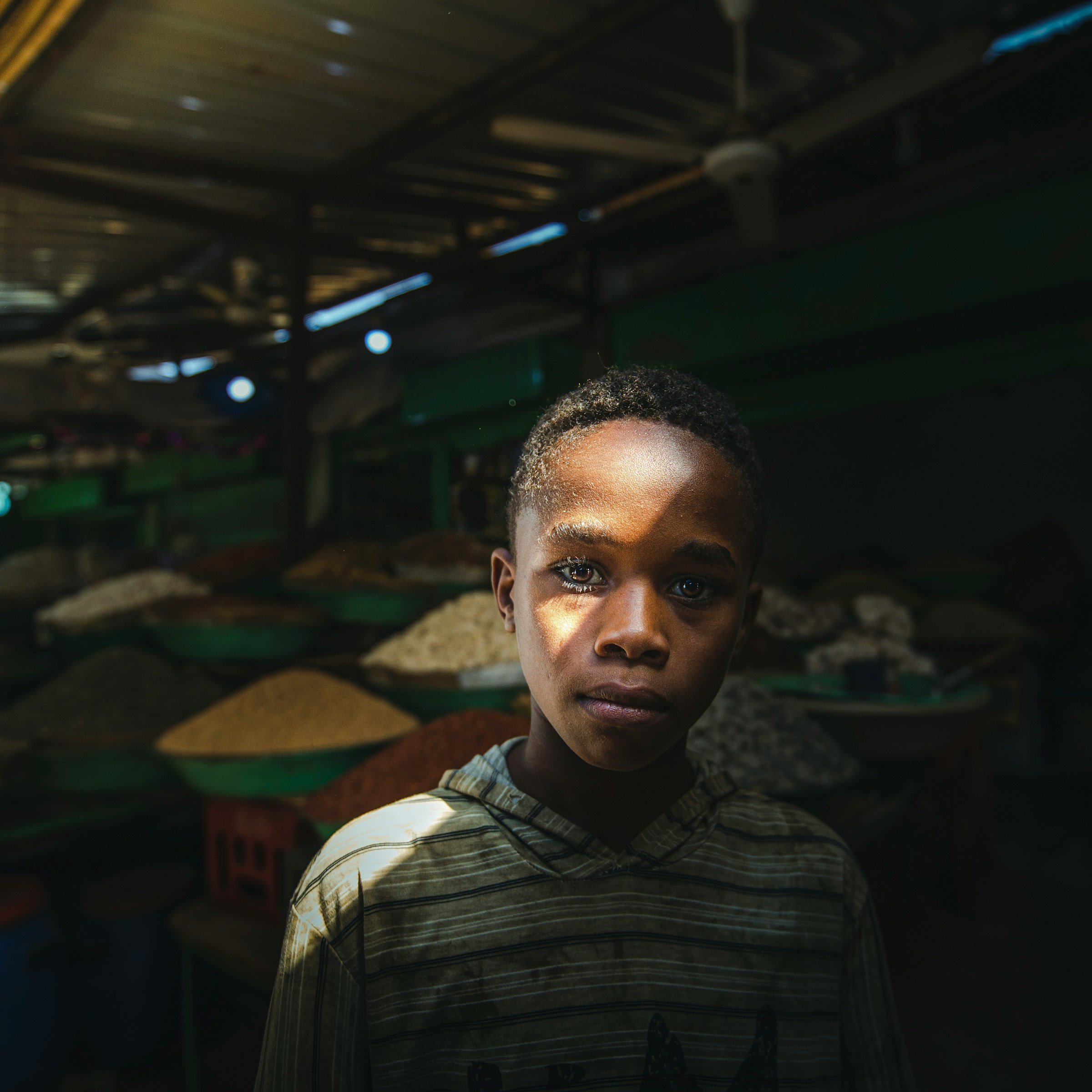
Decolonization and the Politics of Recognition: the Case of Somaliland

From Colonization to Cooperation: The African Union’s Role in Decolonization

Breaking Colonial Legacies: Political, Economic, and Cultural Dimensions of Decolonization

Decolonizing Transitional Justice: Pathways Toward a Transformative Framework


